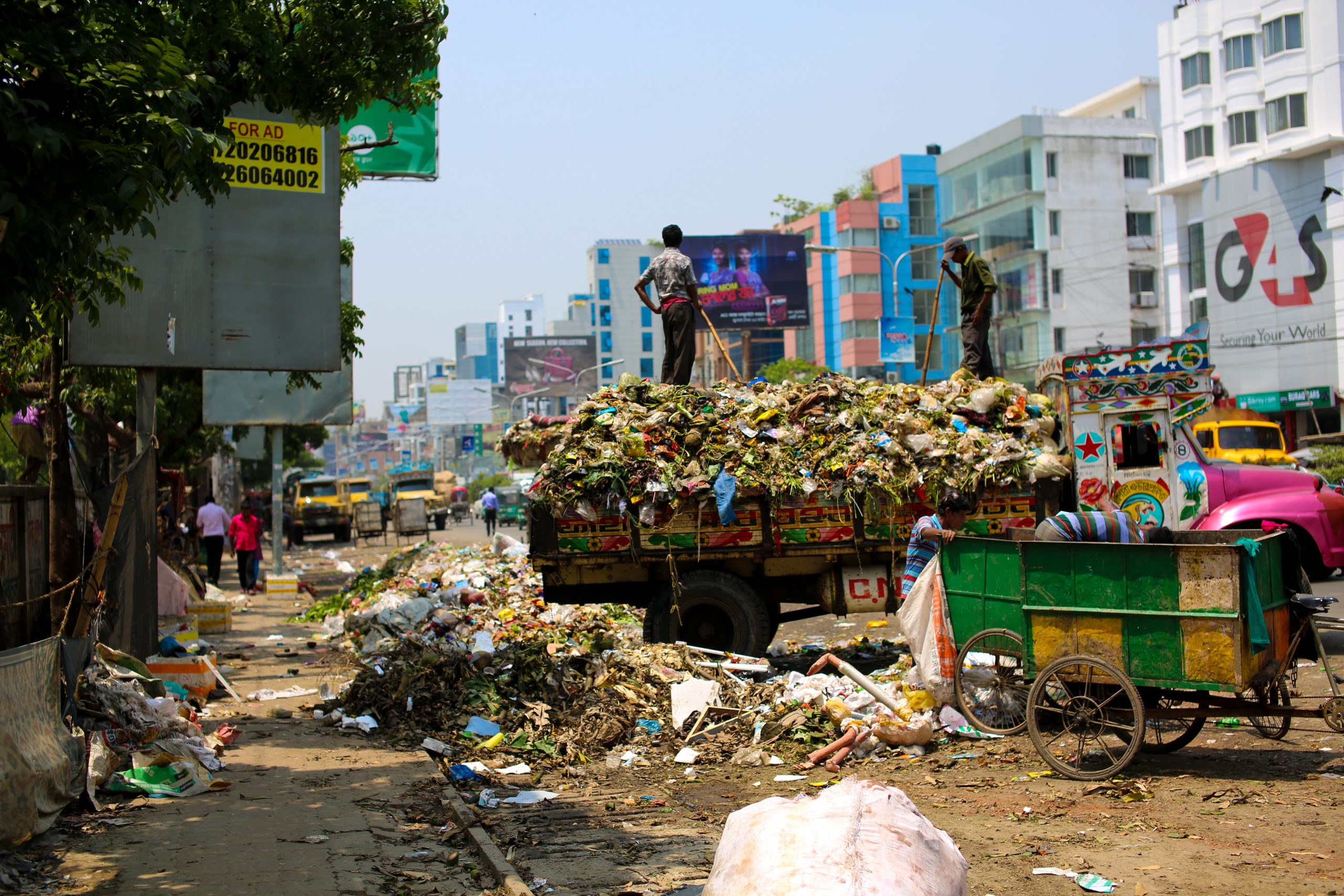In drastic calls for increased sustainability and environmental consciousness, strategies for waste reduction have taken center stage. Reducing waste benefits not just the environment but also completely serves the needs of resource conservation and reduction in costs at individual and corporate levels. The following are some of the strategies in waste reduction that are easily applicable in various settings.
1. Adopt the 5 R’s: Refuse, Reduce, Reuse, Repurpose, Recycle
Refuse: Say no to single-use plastics, unnecessary packaging, and products that contribute to waste generation.
Reduce: Minimize consumption by buying only what you truly need and avoiding excess.
Reuse: Use reusable items such as water bottles, shopping bags, and containers.
Repurpose: Get creative and find new uses for items that would otherwise be thrown away.
Recycle: Always opt for recycling whenever possible to give items a new life.

2. Composting
Although composting organic waste removes the contents from landfills or bins, it also provides nutrient-rich soil for gardens and agriculture. Making a composting bin at your home or workplace is one simple and effective way to reduce the amount of created waste.
3. Lean Manufacturing Techniques
This can mean several activities for businesses and industries concerning the implementation of lean manufacturing techniques where processes will be streamlined, excess inventory minimized, and the generation of waste reduced. Just-in-time production, 5S methodology, and quality management systems—all can help reduce waste.
4. Sustainable Packaging
Opt for eco-friendly packaging materials such as biodegradable or recyclable options. Minimize packaging whenever possible and consider innovative alternatives like reusable packaging or package-free options.
5. Energy and Resource Efficiency
Less energy use and water use decrease both costs and generate less waste. Energy-saving methods, such as LED lighting, efficient appliances, and water-saving plumbing fixtures will help minimize your impact on the environment.
6. Community Involvement
Organize and participate in community activities to promote reducing waste. This can be achieved through organizing community cleanups and conducting educational workshops on recycling programs to raise awareness and get communities involved.
7. Continual Improvement
Check regularly on the processes followed for generating waste and find out what needs improvement. Put in place feedback mechanisms, waste audits, and measurable targets, keep a tab on progress, and thereby optimize your waste reduction plans continuously.
The above strategies, if implemented in your daily life or business, will help you a lot towards the reduction of harm to the environment and foster a new sustainable future. Remember that even the smallest single step toward reducing waste counts to save the earth for our future generation.
Let us join hands to reduce waste for a cleaner, greener world together!
Related articles: https://ecofriendmagazine.com/plastic-pollution-solutions/
https://www.britannica.com/technology/solid-waste-management




